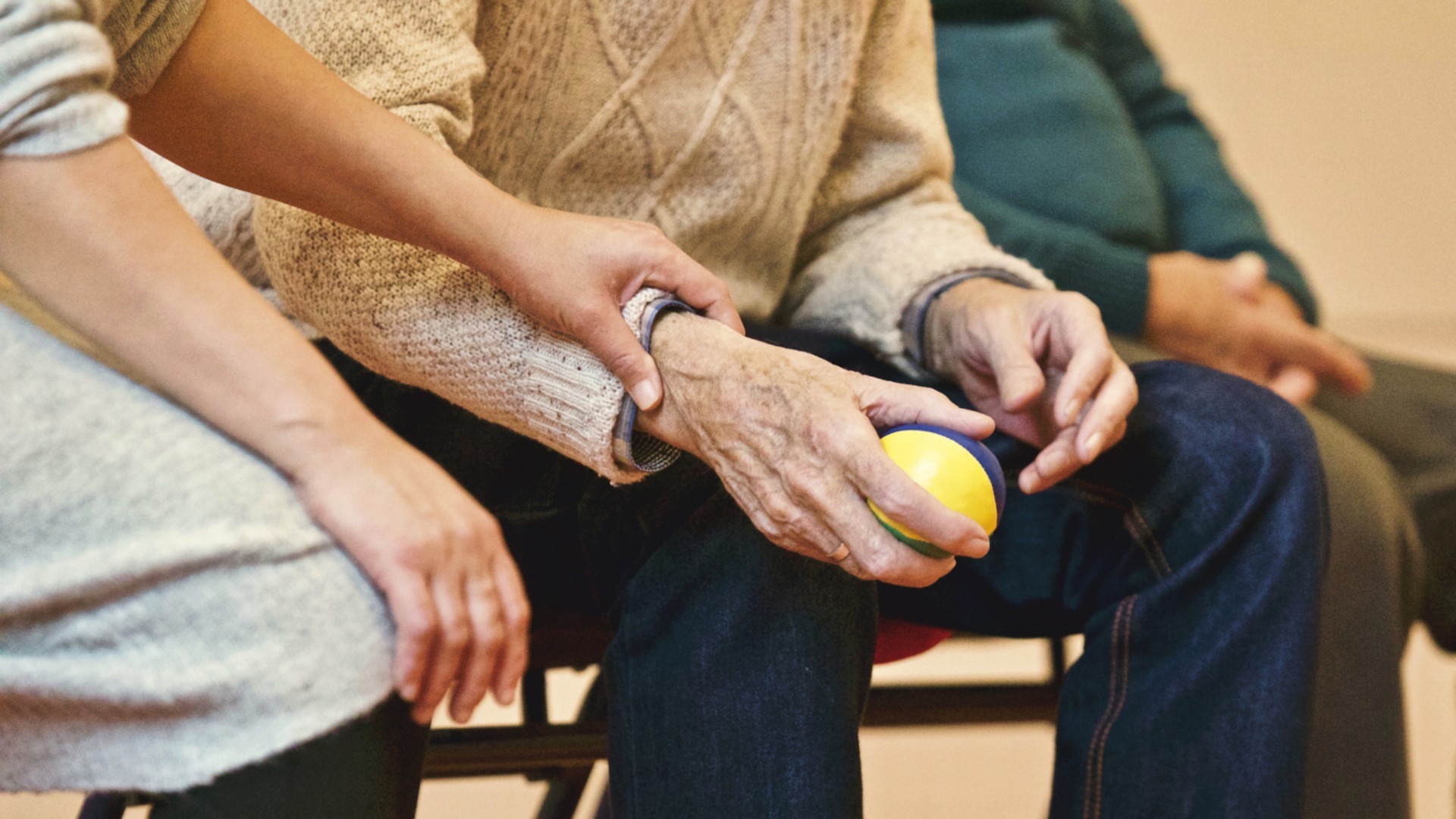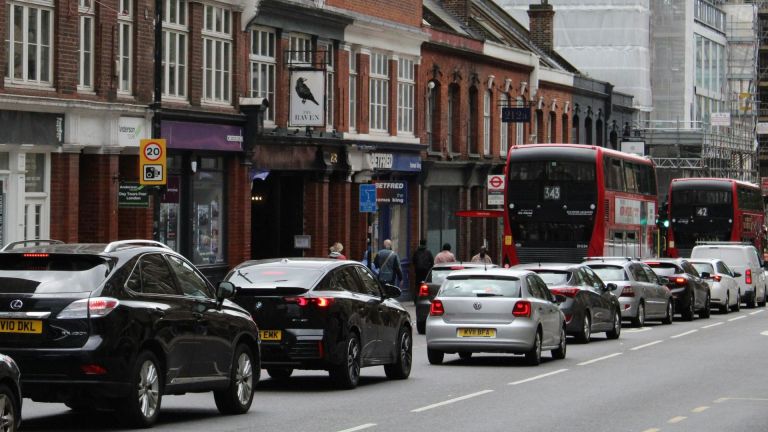On top of this, nearly half of food bank users, clearly already struggling, were facing a very particular kind of debt: debt to the government. It was the biggest single form of debt for those using food banks. Overall, 41 per cent of those receiving Universal Credit are in debt to the DWP, rising to 63 per cent for those that started claiming in the first few months of the pandemic. Much of this debt is caused by advanced payments from DWP to cover the five-week wait for the first Universal Credit payment, further reducing a lifeline that is barely enough to survive on in the first place.
But who is bearing the brunt of increasing poverty? Who is waiting in line at the food bank? Who is having to prioritise the cost of their prescription over electricity this month?
This is a crisis taking the heaviest toll on those already near, on or below the poverty line. Prior to the crisis, we knew that you were more likely to experience poverty and debt if you were female, from a BAME community, disabled, a single parent (90 per cent of whom are women) or a combination of the above. So, it should come as no surprise that these disadvantaged groups are bearing the brunt of this economic crisis.
For those still in employment, poverty is hitting workers in low-pay sectors like retail and hospitality the hardest. These workers are more likely to be women, BAME, and young. Single parents are more likely to be in in-work poverty than any other family-type.
During the first lockdown, the Institute for Employment Studies found 4 million low-paid workers were twice as likely to lose hours or be furloughed. For agency workers or those on zero-hours contracts the situation is even harder, with many losing their jobs or having hours reduced without being entitled to furlough. Prior to the crisis, women continued to be overrepresented in part-time and involuntary part-time employment (74 per cent and 57 per cent are women respectively), as well as temporary and zero-hours contracts (54 per cent of both are women), strongly suggesting they have been particularly impacted.
Additionally, with official statistics on the number of those falling into unemployment being called into question, the situation could be far worse than officially recognised. The loss of 300,000 jobs in hospitality, 160,000 in wholesale and retail, and 89,000 in arts, entertainment and recreation may not have been included in the official employment figures. Concerningly, these are all industries dominated by women, possibly painting a far more significant fall in women’s employment than officially recorded.
In the context of this unprecedented labour market shrinkage, there is an urgent and immediate need to recognise the importance the Universal Credit uplift has made to millions around the UK, and to continue with this vital lifeline. Removing the uplift this April will lead to 1.2 million more people falling into poverty within a year and a further 730,000 children facing the same fate by 2024-25. Sixty-two per cent of people are in favour of keeping the uplift in April 2021 compared with 20 per cent against.
However, in recognition of increasing inequality and hardship caused by the pandemic, the government should be going much further. Amnesty on current debt to the DWP, grants rather than loans to cover the five-week Universal Credit wait, raising housing benefits to the 50th percentile and raising child benefit to £50 per week could together see a more adequate response to the worsening poverty faced by so many.
If we have learnt anything from the current crisis it is that care for others, whether in our family, our community, our workplace, or further should be recognised as the bedrock of a successful and thriving society. Keeping the uplift, and instating the suggested measures above would be a big step towards a recognition that there are deep inequalities, destined only to get worse unless we put care at the centre, both in the immediacy, and as we weather the storms to come.
Anna Johnston is research assistant at UK Women’s Budget Group










